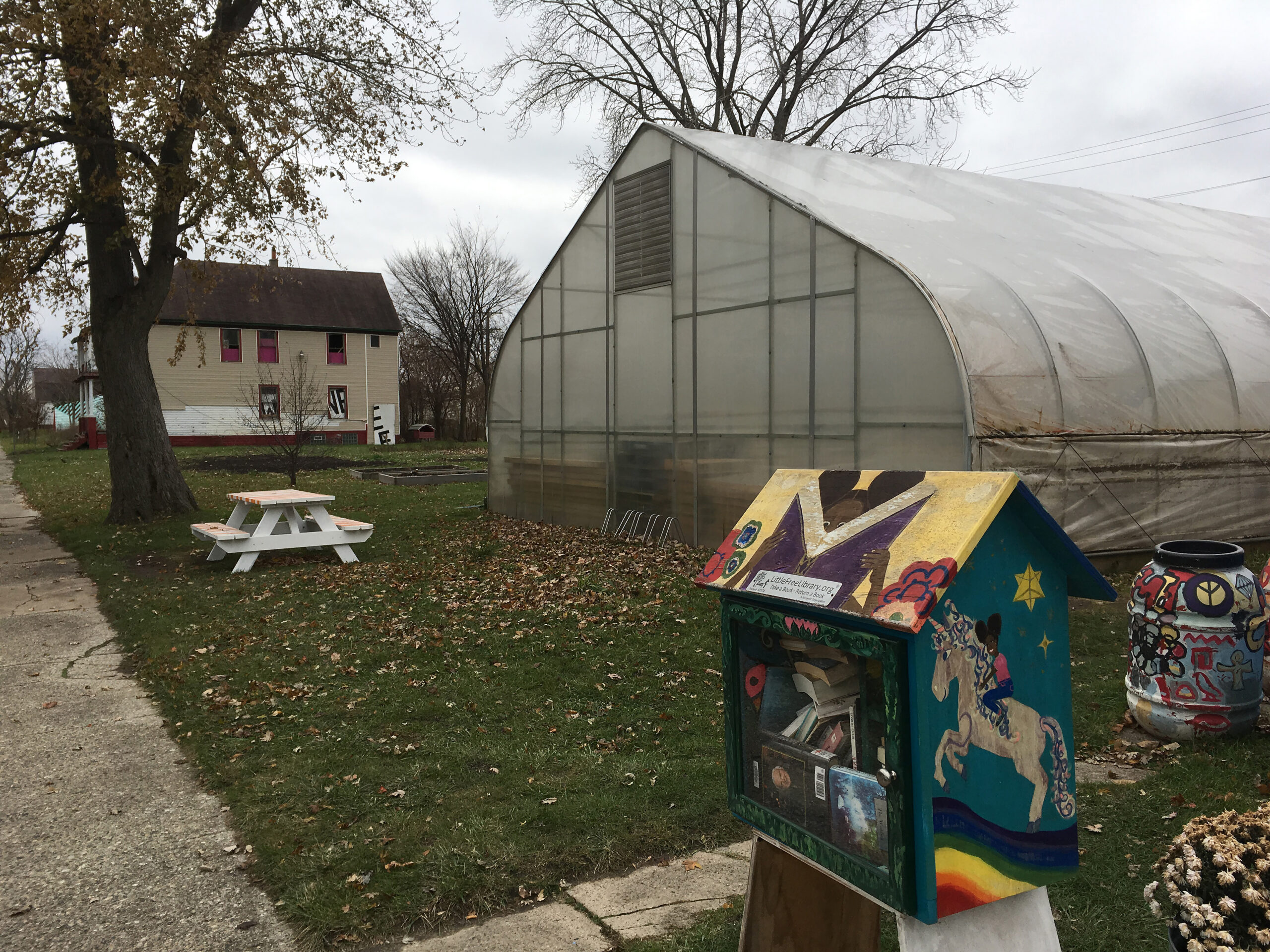
July 31, 2018
Yes to questions of when *not* to participate in community digital storytelling, what kind of story, to what extent is participation equitable and inclusive? I was pleased to share our #DHSI18 #CritPrax project with Chris Friend and my Detroit-based pedagogical work with folx at this afternoon’s #DigPed workshop led by Anqi Shen. Looking forward to connecting the dots in this week’s digital storytelling class with Martha Burtis.
August 2, 2018
An Invitation: I’m writing to invite you to participate in my short digital storytelling project today. It will not take more than 2-3 minutes (and up to 5 minutes to provide background and information about the project). Your perspectives and insights will be immensely helpful as I think through this idea.
Project Idea: The proposed experimental component is an introduction to my larger Detroit-based Digital Pedagogy and Archive Project (more details to follow!). This experiment will take the sum of 48211, the place-based coordinate and zip code of the Oakland Avenue Urban Farm in Detroit, to perform two roles:
First, to mark my personal and pedagogical connection to the city; and
Second, to develop a set of corresponding time-brackets for structuring this introduction around a set of insights from the Digital Pedagogy Lab (DPL) community.
Project Methodology: 48211 >> 4 + 8 + 2 + 1 + 1 = 16 >> 1 + 6 = 7 >> 7
As one of the seven participants, I will use a recorder to record your 2-3 minute monologue on the following prompts:
What should place-based community-engaged pedagogies be about?
What should an archive of community-engaged digital pedagogies be about?
I will then work with all seven voice recordings and overlap them to create a crafted and integrated audio file. Together, a public sharing of these reflections and their overlaps, I hope, will inspire further discussion and thought around what it means to listen with care and listen carefully in community-based learning.
Preservation and Access: The individual as well as the integrated audio file will be saved on MBox, which is a cloud storage and collaboration service at the University of Michigan (U-M). The MBox folder can be shared with collaborators both inside and outside U-M. All participants will have access to this folder.
Furthermore, as a participant, you will have the option to self-disclose your identities when participating. All recordings will take place in the UMW Hurley Convergence Center Vocal Booth or related space of your preference.
Image: Oakland Avenue Urban Farm, North End, Detroit, December 2017.